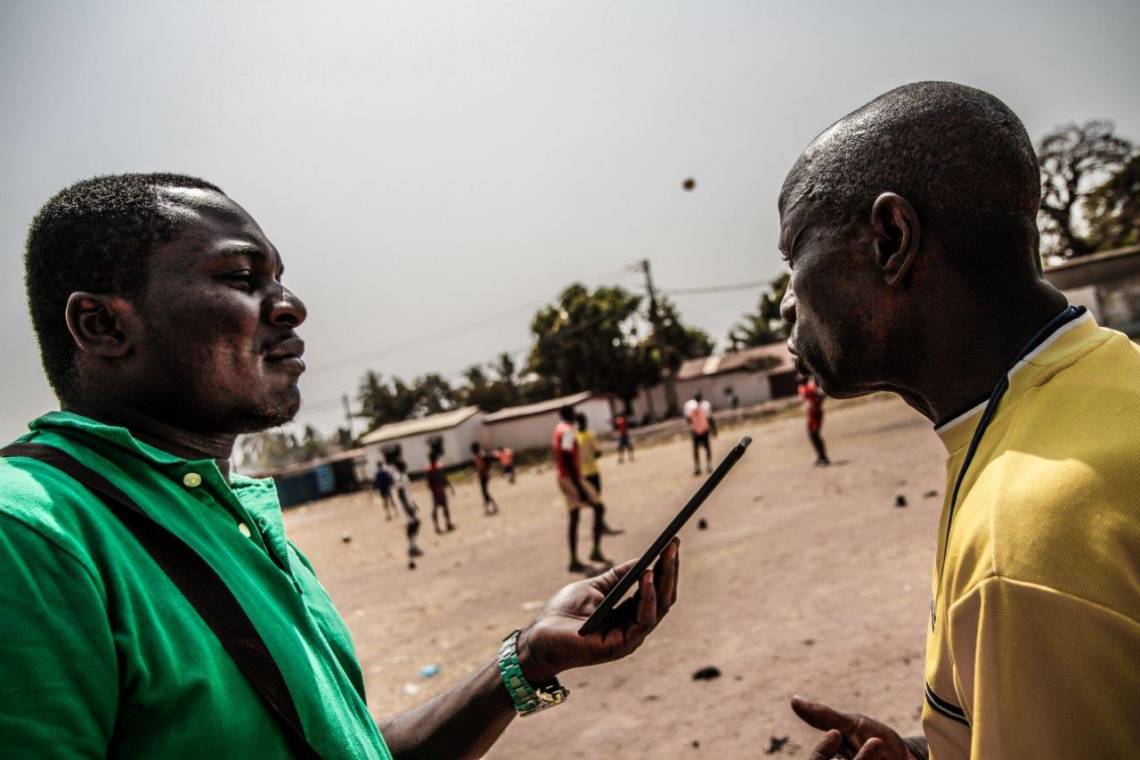On Monday October 16, Radio Ndeke Luka launched new programmes in the Central African Republic, with more interactivity, live programmes and outside reporting, so as to give even more of a voice to the country’s women, men and children.
The new broadcast schedule includes interactive slots in most of the programmes. There are new feature programmes each week on health, agriculture and justice, in which people’s hopes are high. There is also a programme for women. At the weekend, a new programme called “Grands reportages” (“in-depth reporting”) will give a voice to all the country’s people, providing lively, down-to-earth insight on all the issues that concern them. The flagship discussion programme “ELE SONGO” is now the “Dialogue of cultures and religions”.
News remains at the heart of Radio Ndeke Luka’s programming, with the main news bulletins in the morning (6.00, 7.00 and 8.00), at 13.00 and in the evening (18.00 and 20.00). There is an additional hour of live broadcasting in the evening, from 20.00 to 21.00 and 22.00 on Sundays. Radio Ndeke Luka now broadcasts news updates every hour in the evening up to 22.00. News flashes continue to be broadcast at 9.00, 10.00, 11.00, 12.00, 14.00, 15.00, 16.00 and 17.00.
The launch of this new programme schedule has taken several weeks of preparation: gathering and analysing listener feedback, designing the new programmes, team reorganization to enable their production, training of staff affected by the changes, production of new jingles and messages about the new programme schedule. All this work was supervised by Fondation Hirondelle programming expert Marc Vuillermoz. Speaking on Radio Ndeke Luka on Monday October 16, he explained the methodology, including how focus groups were organized to gather the views of listeners. “With a team from the radio, we went to several parts of Bangui, to Boda, Bozoum and Bouar,” he said. “Each time we met with several dozen listeners and talked with them for several hours to find out their listening habits, what they liked, what they thought was lacking, and what were their ideas. We summarized these five focus groups, then gathered all the staff of the radio and asked them the same questions. Then we worked on the things that people called for most. This consultation allowed us to make the best choices possible in designing the new programmes, keeping at the same time the programmes and news bulletins that have made Radio Ndeke Luka so popular.”




